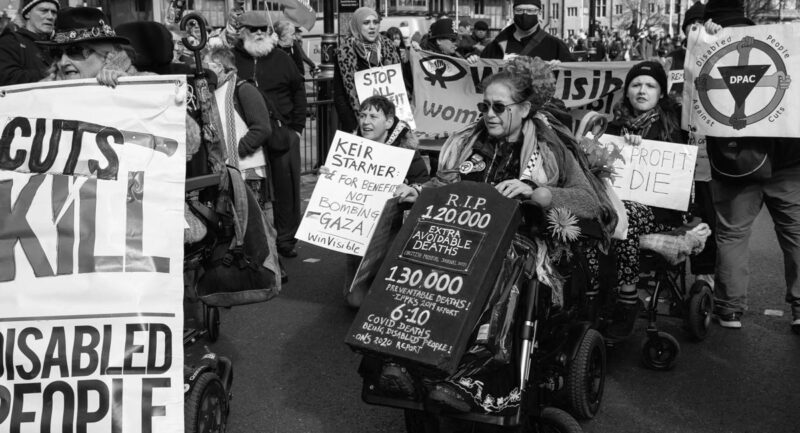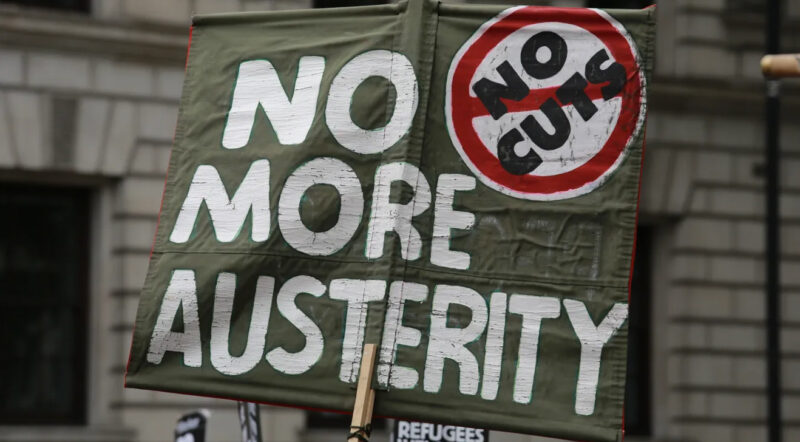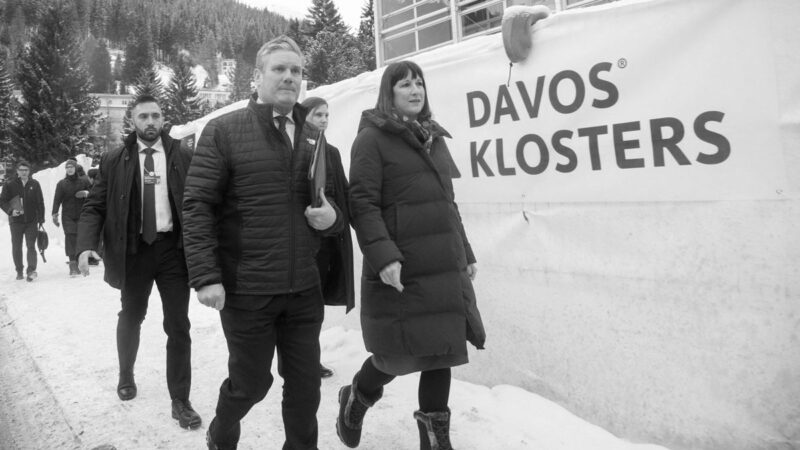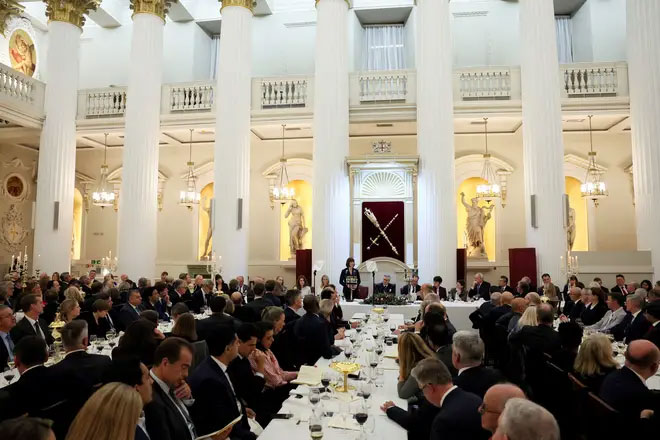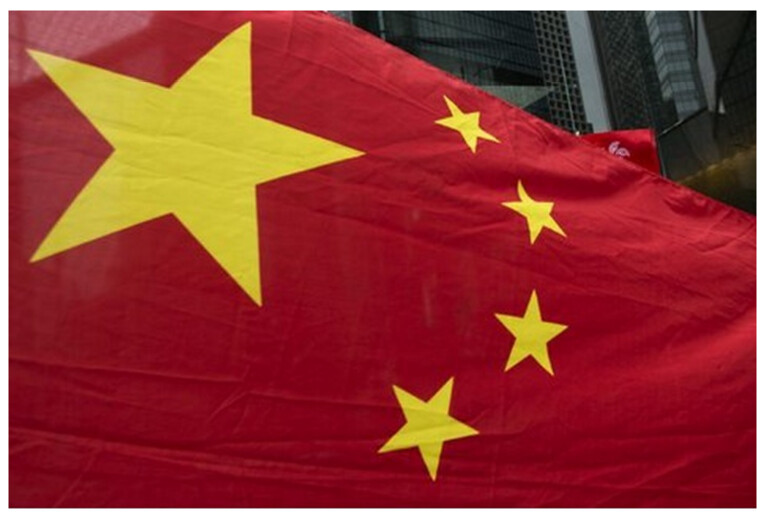World economy at tipping point into recession
 CAPITALISM IS staring into the abyss of a new recession. The recent bail-outs of banks and countries assumed that the major economies would revive in the near future. They have not. Stagnation in the world’s two biggest economic areas, the US and the EU, with inflation rising in many countries, is throwing the stock markets into turbulence, with billions wiped off share values over the summer.
CAPITALISM IS staring into the abyss of a new recession. The recent bail-outs of banks and countries assumed that the major economies would revive in the near future. They have not. Stagnation in the world’s two biggest economic areas, the US and the EU, with inflation rising in many countries, is throwing the stock markets into turbulence, with billions wiped off share values over the summer.
The head of the IMF, Christine Lagarde, has warned of a “looming collapse in global demand”. The UK Chancellor of the Exchequer, George Osborne, claimed there were only six weeks to save the euro – by the time the G20 leaders meet for talks in France. The International Monetary Fund has issued its most damning World Economic Outlook in many years, predicting “anaemic growth” over the next two years and warning that even that would be jeopardised if “the crisis in the euro area runs beyond the control of policymakers”.
The great fear is that Greece’s inability to repay its loans could lead to another “credit crunch”, like the one in 2008. The Washington conference of the IMF proposed a “controlled default” in which an agreed proportion of all Greek debt would be written off but, since no one knows for sure what effect this would have on each of the creditor banks, the danger remains that it would run out of control.
Debt crisis grows
That would not be bad news only for the banks directly involved. As in 2008, other banks have bought parts of those debts. Thanks to banking secrecy, no one knows which of them would remain solvent and which not, so credit would be withheld and the costs of borrowing would rise sharply. This would then threaten the ability of other countries to service their debts (with Portugal, Spain, and Italy all in the firing line) and, therefore, undermine the solvency of the banks that have lent to those countries. In this way the “contagion” would spread through the system, threatening the solvency of sovereign states this time, not just the banks they propped up in 2008.
Worryingly, for the bankers, the United States is increasingly paralysed. The US deficit stands at $14.3 trillion. Obama wants to launch federal spending on infrastructural projects – motorways, bridges, flood defences – but the Republicans, who control the House of Representatives, will not hear of any tax increases. Indeed, they want to cut taxes on wealth and incomes and slash federal spending, even though unemployment is over 9 percent and rising, and the economy is stagnant or entering recession.
Of course the arrival of another credit crunch, with the danger of a catastrophic slump, has focused the minds of squabbling politicians. There are already calls to “just let it rip!” – cease active intervention into the economy, and let bankrupt firms, including banks, go bust. But the Western banking system is literally ‘too big to fail’, it is the central nervous system of production and world trade, so it cannot simply seize up without a truly catastrophic slump in economic activity.
The banks cannot be rescued yet again by the taxpayer since the states themselves are near bankruptcy. Such a crisis, like the small scale one in Greece today, would quite simply pose the question of cancelling the debts and dramatically restructuring banking capital, with some form of partial state ownership very likely, even just for a phase.
From the standpoint of capital, the problem remains that western economics are strangled by debt, and until these “toxic credit assets” are destroyed through defaults and bankruptcies the trouble will only continually be put off until another day. This is why we are in a historic crisis of the capitalist system such as we have not witnessed since 1945.
Even so, their solution is likely to be a variation on the 2008 strategy, borrowing yet more money in order, this time, to bail out the international banking system or sovereign states, not just national banks. Because no individual country could raise such colossal sums, the funds are likely to be mobilised internationally through, for example, the IMF. This would allow the reserves of China, in particular, to play a role. Although, like 2008, that would not solve the underlying problem – it would mark the beginning of a fundamental shift in international politics that would contribute in time to even greater instability on a global scale.
What does this mean for us?
The capitalists can get out of any crisis, as long as the workers are willing to pay the cost, as the Russian revolutionary Lenin once said. That is what the bosses and bankers and their people in government are hoping for, that brunt of the burden is carried by the working class and the youth. What does this mean? It means massive structural long term unemployment (already 15 million across the Eurozone) more job insecurity, lower wages, an end to public education and health care and a dramatic reduction in welfare spending. It means more privatisation of anything that can be sold off, from local government through to schools. And when people resist, it means more police violence and persecution of activists. This is the grim future for millions of people across Europe and beyond – not to speak of the terrible conditions for the poorest people living in the third world.
But, as capitalism shows its full capacity to wreck the productive forces of the planet, anti-capitalist solutions will be forced back onto the agenda with a vengeance. The workers’ movement needs to campaign actively for the abolition of the debts and the nationalisation of the banking system without compensation. More than this – we need to put the socialism argument back into the centre of politics again as the only possible alternative to capitalism, and the only solution to the crisis.




